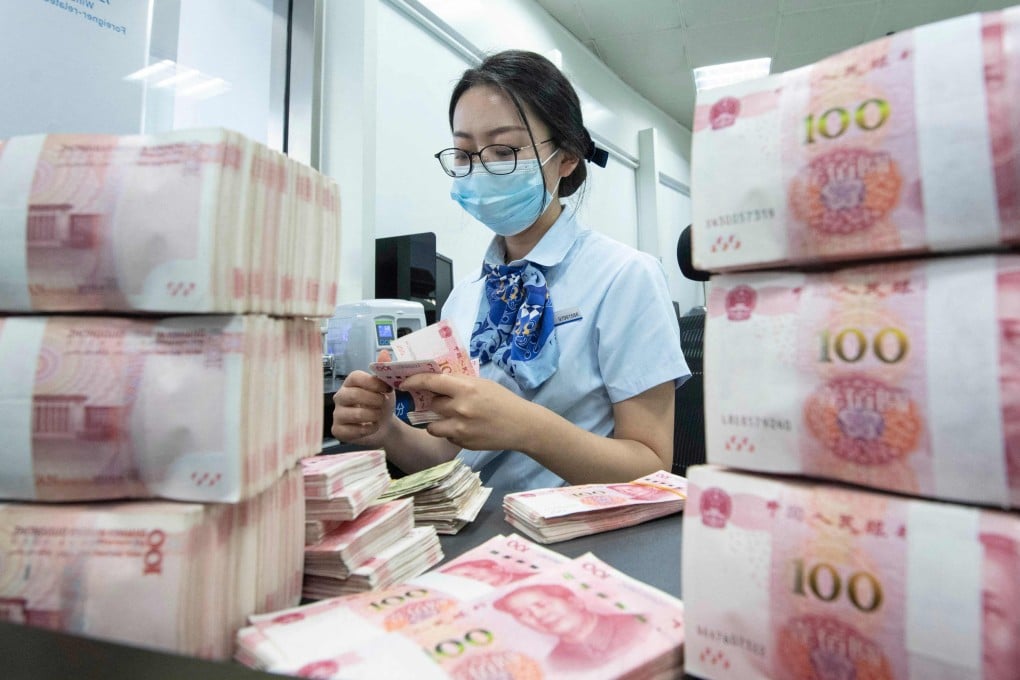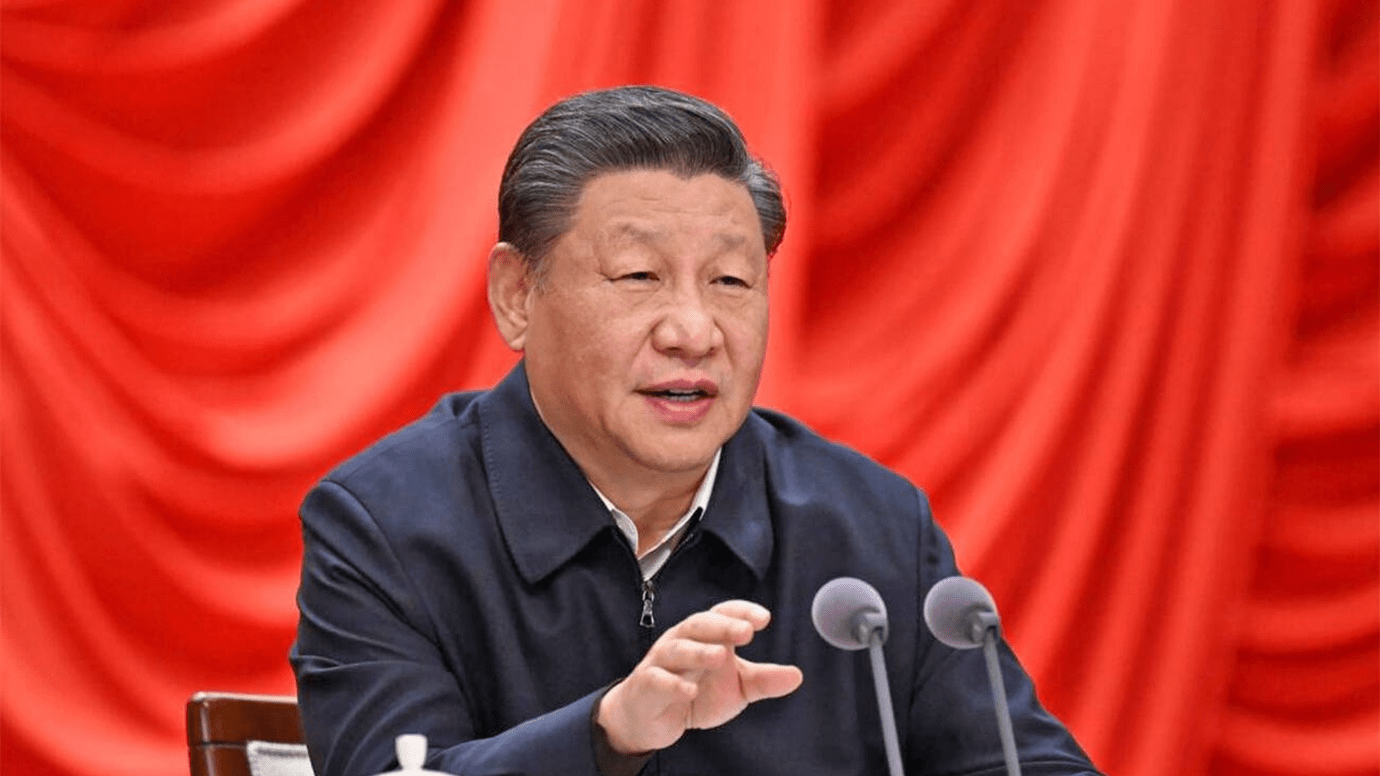China Banks Raise Mortgage Rates for the First Time Since 2021: A New Chapter in Economic Policy
China’s banking sector has recently made waves by raising mortgage rates for the first time in over two years, signaling a shift in the country’s economic policy framework. This development is pivotal, as it reflects evolving priorities within China’s macroeconomic landscape, grappling with a complex interplay of growth challenges, property market dynamics, and financial stability.

Background: The Era of Low Mortgage Rates
Since the outbreak of the COVID-19 pandemic in early 2020, China’s central bank, the People’s Bank of China (PBoC), adopted a series of monetary easing measures to support economic recovery. Among these measures was the reduction of the Loan Prime Rate (LPR), which serves as the benchmark for most loans in the country. Mortgage rates fell in tandem, facilitating a property market boom that buoyed growth but also led to overheating concerns in some urban centers.
In 2021, however, the landscape began to shift. The Chinese government introduced policies aimed at curbing speculation and high leverage in the real estate sector. The “three red lines” policy, which imposed borrowing caps on developers based on their financial health, marked a turning point. While these measures sought to promote sustainable development, they also contributed to liquidity crises among major developers, such as Evergrande, and a slump in property sales.
Against this backdrop, mortgage rates remained low to prevent a sharper slowdown. However, as the economic recovery faced new pressures in 2023 and early 2024, policymakers began recalibrating their approach.

The Decision to Raise Mortgage Rates
The recent hike in mortgage rates marks the first such move since 2021, with major commercial banks increasing their rates by an average of 20-30 basis points. This decision was likely influenced by several factors:
- Stabilizing the Property Market:
- Over the past two years, China’s real estate market has seen declining home prices and sales, undermining consumer confidence and local government revenues.
- By raising mortgage rates, policymakers aim to discourage speculative buying while ensuring that home ownership remains accessible to genuine buyers.
- Inflationary Pressures:
- Although inflation in China has remained relatively subdued compared to global peers, recent months have shown signs of upward pressure on prices, particularly in food and energy.
- Higher mortgage rates can help moderate excess liquidity in the financial system, aligning with broader anti-inflationary measures.
- Currency Stability:
- The Chinese yuan has faced depreciation pressures against the US dollar, partly due to interest rate differentials between the two countries. The Federal Reserve’s hawkish stance has made US assets more attractive, leading to capital outflows from China.
- A modest increase in domestic interest rates, including mortgage rates, could help stem outflows and stabilize the yuan.
- Financial Sector Health:
- Chinese banks have been grappling with rising non-performing loans (NPLs) in the wake of the property downturn. Higher mortgage rates can improve profit margins, providing a buffer against potential losses.

Implications for the Property Market
The immediate impact of higher mortgage rates will likely be felt across various segments of the property market:
- Homebuyers:
- For prospective homebuyers, especially first-time buyers, the increase in borrowing costs may dampen enthusiasm. Affordability challenges could intensify, particularly in tier-1 cities like Beijing, Shanghai, and Shenzhen, where property prices are already elevated.
- Developers:
- Developers, already strained by tight financing conditions, might find it harder to sell inventory as demand softens. However, those with strong balance sheets could benefit from reduced competition in the long run.
- Secondary Market:
- The secondary housing market, which has been sluggish, may face additional headwinds as buyers prioritize new properties with more flexible pricing options.
- Rental Market:
- A cooling property market could bolster the rental sector, as potential buyers delay purchases and opt to rent instead. This shift might support rental yields, which have historically lagged behind capital gains.

Broader Economic Ramifications
The mortgage rate hike is not an isolated move but part of a broader recalibration of China’s economic strategy. The following areas are likely to experience ripple effects:
- Consumer Spending:
- Higher mortgage payments will leave households with less disposable income, potentially weighing on consumption. Given the government’s emphasis on rebalancing the economy toward domestic demand, this trade-off will require careful management.
- Local Government Finances:
- Local governments, heavily reliant on land sales for revenue, could face further strain if higher rates suppress property transactions. This underscores the need for diversified revenue sources, such as property taxes, which remain underdeveloped in China.
- Monetary Policy:
- The PBoC faces a delicate balancing act. While higher mortgage rates address certain structural issues, they must be counterbalanced with supportive measures to sustain overall economic growth. This could include targeted credit support for small businesses or infrastructure investment.
- Global Investors:
- Foreign investors will closely monitor the implications of this policy shift. While higher rates may enhance returns on Chinese assets, concerns about growth prospects and regulatory uncertainty could temper enthusiasm.

Public and Industry Reactions
The reaction to the mortgage rate hike has been mixed. On one hand, financial analysts have praised the move as a step toward normalizing monetary policy and addressing systemic risks in the property sector. On the other hand, critics argue that the timing is less than ideal, given lingering uncertainties in the global economy and uneven recovery within China.
Homebuyers have expressed concerns about affordability, with many calling for additional measures to support first-time buyers. Meanwhile, developers have urged the government to complement the rate hike with policies that boost market confidence, such as relaxing purchase restrictions or providing tax incentives.

What’s Next?
The trajectory of China’s mortgage rates will depend on several factors, including economic growth, inflation trends, and the global interest rate environment. Policymakers will need to remain vigilant, ready to adjust course as circumstances evolve.
In the short term, further rate hikes appear unlikely, as authorities balance the need for stability with the imperative to sustain growth. Over the medium to long term, however, the focus will likely shift toward building a more resilient property market and financial system.
Conclusion
China’s decision to raise mortgage rates for the first time since 2021 represents a significant shift in economic policy. While the move addresses key challenges in the property sector and financial markets, it also introduces new risks and uncertainties.
As the world’s second-largest economy navigates this critical juncture, the choices made today will shape its trajectory for years to come. By balancing short-term trade-offs with long-term goals, China has the opportunity to chart a path toward sustainable and inclusive growth.









